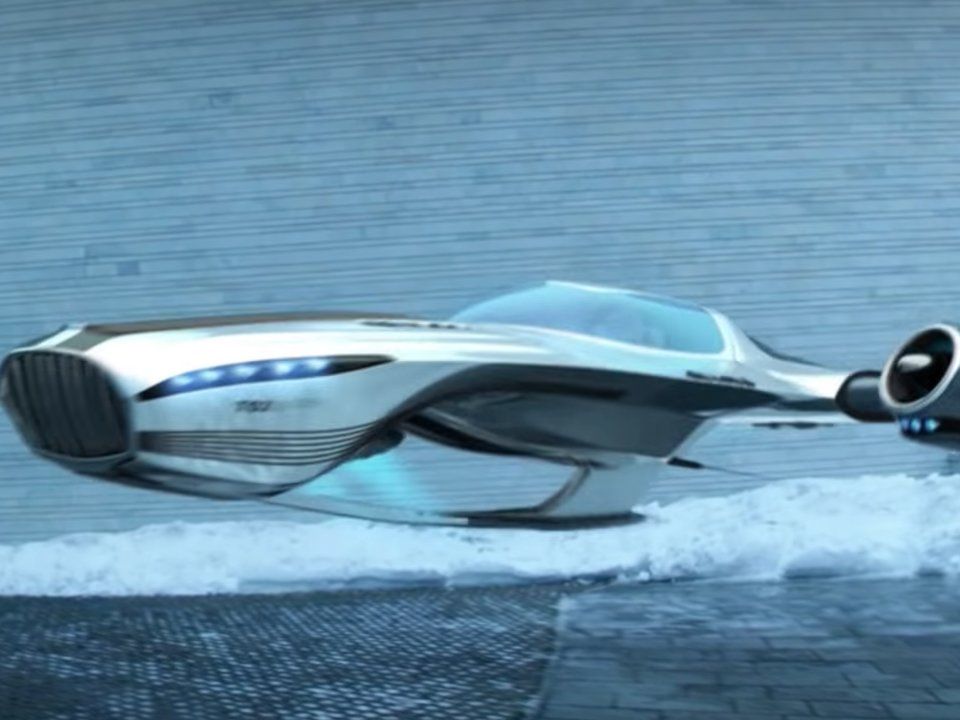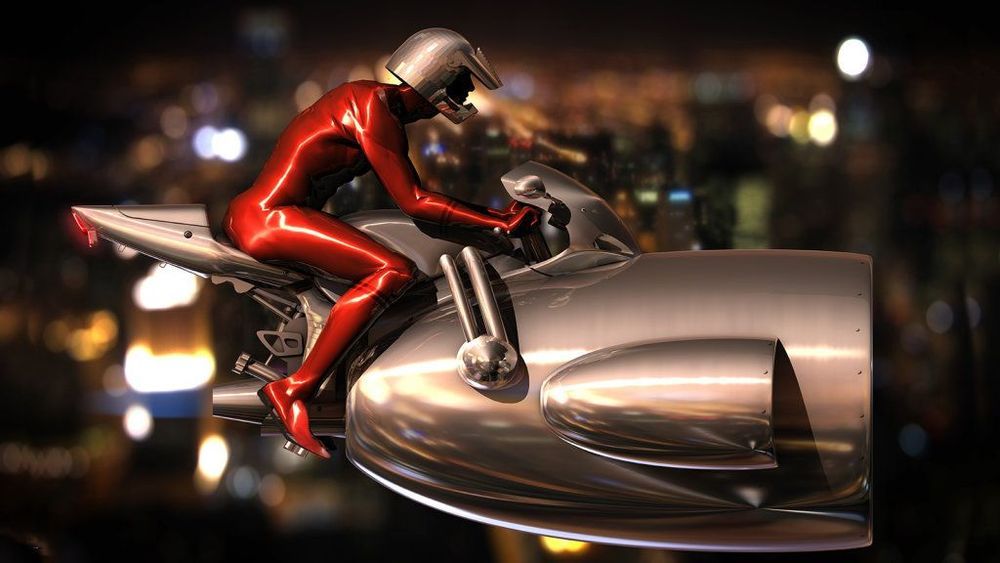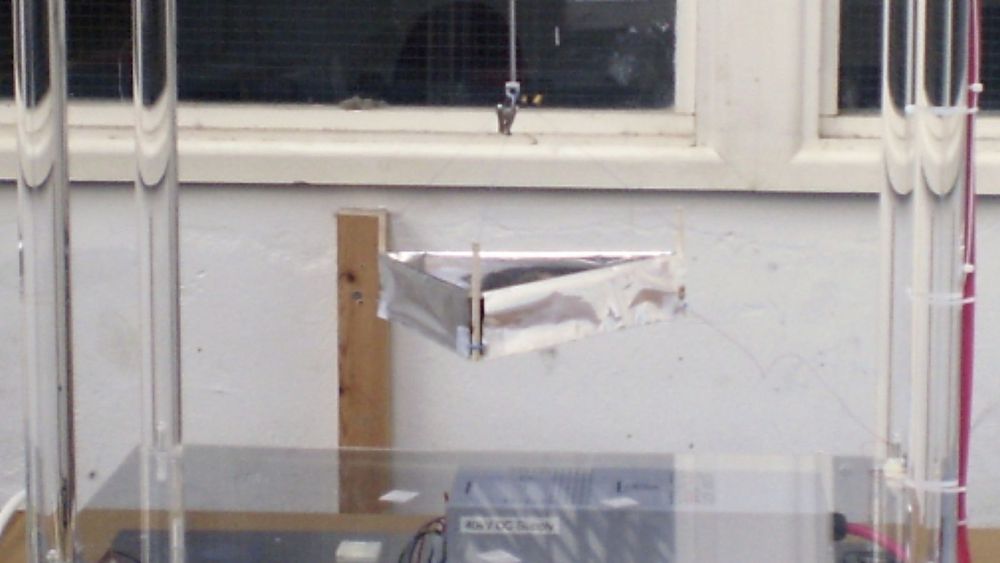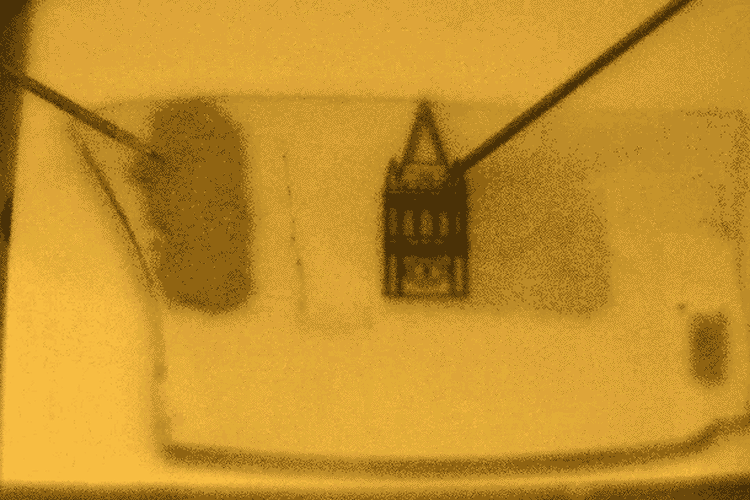Archive for the ‘futurism’ category: Page 852
May 17, 2019
Scientists are building a plane that doesn’t run on any fuel, and it could look like something out of ‘Star Trek’
Posted by Quinn Sena in categories: futurism, space travel
Scientists have taken a major step towards creating an aircraft of the future, one powered by an ion drive rather than using moving parts and fuel like conventional aircraft.
In a paper published today in Nature, a team led by Steven Barrett from the Massachusetts Institute of Technology (MIT) described how they created a so-called electroaerodynamic-powered plane, one that uses solid-state propulsion, meaning no propellers or jet engines with expendable fuel.
“The future of flight shouldn’t be things with propellers and turbines,” Barrett says in the video below. “[It] should be more like what you see in Star Trek, with a kind of blue glow and something that silently glides through the air.”
May 17, 2019
Creating Superhumans Through Gene Manipulation and More
Posted by Quinn Sena in category: futurism
Superhuman powers are rare, but some do exist. But what if scientists used gene manipulation to create humans with super strength and abilities in the future — like super soldiers?
May 17, 2019
Darfon’s super-thin Maglev Keyboard will make notebooks even slimmer
Posted by Quinn Sena in category: futurism
May 17, 2019
Ionic thrusters could power the ultra-efficient, stealth drones of the future
Posted by Quinn Sena in categories: drones, futurism
Stealth drones and other aircraft of the future could be powered by engines that don’t have any moving parts, can’t be detected by infrared, and are more efficient than what we have today. A new study by MIT researchers demonstrated all of these capacities and more for ionic thrusters and now at least one major aerospace company, Lockheed Martin, has said it’s investigating the technology.
“I think UAVs would be the most likely initial application if [ionic thrusters] work,” said the lead researcher in the study, MIT aerospace professor Steven Barrett, in an email to The Verge. Ionic thrusters for aircraft work by generating a high-voltage electrical field that strips electrons from air molecules, “ionizing” them and pushing them away behind an aircraft as ionic wind, to move the craft forward. Scientists and hobbyists have been tinkering with small, lightweight model planes using these kinds of propulsion systems since the 1960s. The technology uses no moving parts and is almost completely silent. It hasn’t come to full-size planes, though, due to power concerns.
May 17, 2019
Scientists Want to Create a Universe in a Lab, And They Actually Could
Posted by Quinn Sena in category: futurism
May 17, 2019
Millions of people inhabit this ‘hidden continent’ that’s 94% underwater
Posted by Genevieve Klien in category: futurism
Scientists say Zealandia meets all the requirements to qualify as a continent, even though 94% of it is underwater.
May 17, 2019
Gene discovered that keeps redheads looking younger for longer
Posted by Quinn Sena in category: futurism
Researchers at Erasmus University in Rotterdam studied the faces of almost 2,700 elderly Dutch Europeans, and found that those carrying a variation of the MC1R gene (most prevalent in redheaded people) looked on average two years younger than they actually are.
May 17, 2019
Supersymmetry boosts beam quality of laser arrays
Posted by Quinn Sena in category: futurism
May 16, 2019
Atomically thin light emitting device opens the possibility for ‘invisible’ displays
Posted by Quinn Sena in categories: futurism, materials
The device opens the door to invisible displays on walls and windows – displays that would be bright when turned on but see-through when turned off — or in futuristic applications such as light-emitting tattoos, according to the researchers.
“The materials are so thin and flexible that the device can be made transparent and can conform to curved surfaces,” said Der-Hsien Lien, a postdoctoral fellow at UC Berkeley and a co-first author along with Matin Amani and Sujay Desai, both doctoral students in the Department of Electrical Engineering and Computer Sciences at Berkeley.
Their study was published March 26 in the journal Nature Communications. The work was funded by the National Science Foundation and the Department of Energy.


















